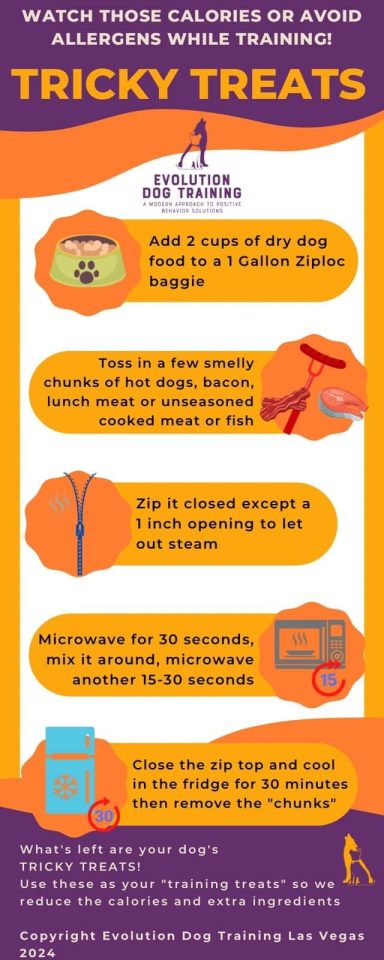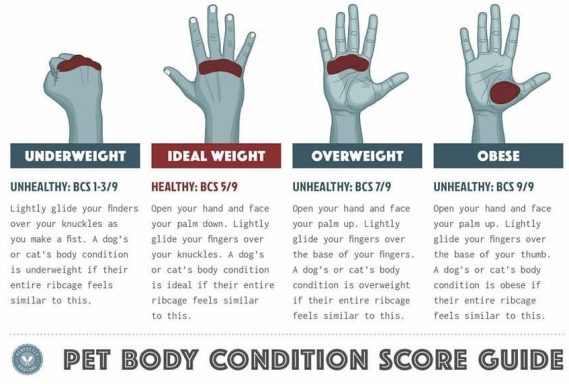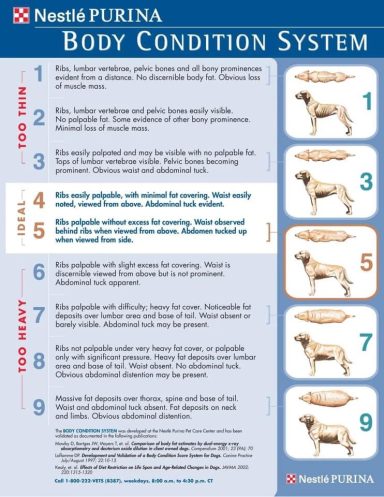How can I tell if my dog is the right weight for their size?
Dog’s, like humans, have an ideal body weight, an ideal body shape and body condition, in general anything more than 15% over their ideal weight is considered obese. However unlike us, they often don’t like to jump on the scales. They also don’t spend time hanging out in front of the mirror, finding all the bits they want to change!
Dogs don’t have that much control over their life and the things that will change their body condition; as owners choose their food and portion it, we (usually) decide how many treats they have. I know there are some cheekily, sneaky canines out there who always find a way to help themselves or coax someone else into giving them extra rations! But the point remains, humans are in control of their calorific intake, and their exorcise regime. It is all us. So we need to know what is good and what is bad.
Just like us humans, there are downsides for your dog to be under or overweight. So, how do you know what is the perfect weight? Well, that changes for each dog We must bear in mind the difference between fat and muscle, too. Take Isaac, for instance (an unknown mix-breed, we think terrier but taller); his ideal weight is around 9-10kg, according to the vets and the body scales, but he looked malnourished and underweight to us at that weight. His current weight is around 9.5kg, so he is still healthy, technically, but he has actually lost around 4kg in about 2 months which is not healthy but with his recent diagnosis it, makes sense. So right now, aware that he is losing weight quite fast, I am increasing his calorific intake despite the fact that he is technically at a healthy weight, I know he needs more to maintain that weight.
Most, if not all, commercially produced dog foods will have a serving size suggestion for various size dogs. This is generally an ok guideline to start withyou; should also take into account the extra calories your dogs gets, from treats, which you may be using a lot of during training, or from any other foods you give them such as dog appropriate table scraps.
Some low calorie/ low fat snack or treats include:
- Lean, cooked meats
- Vegetables such as carrots, pumpkin, peas, squash, courgette, green beans
- Fruit such as banana, blueberry, apples, strawberry, watermelon
- Cooked potato or sweet potato
- Plain rice cakes
- Air cooked popcorn
Some dog food companies will produce a tailored feeding programme for your dog, with an allowance for the calories fed from other sources; however, these options can be pricey.
©Copyright. All rights reserved.
We need your consent to load the translations
We use a third-party service to translate the website content that may collect data about your activity. Please review the details in the privacy policy and accept the service to view the translations.





